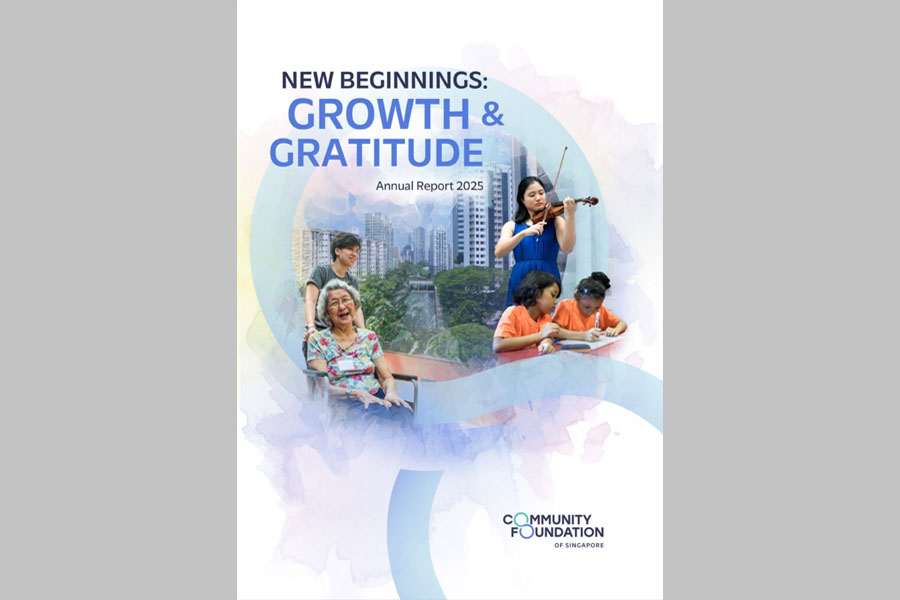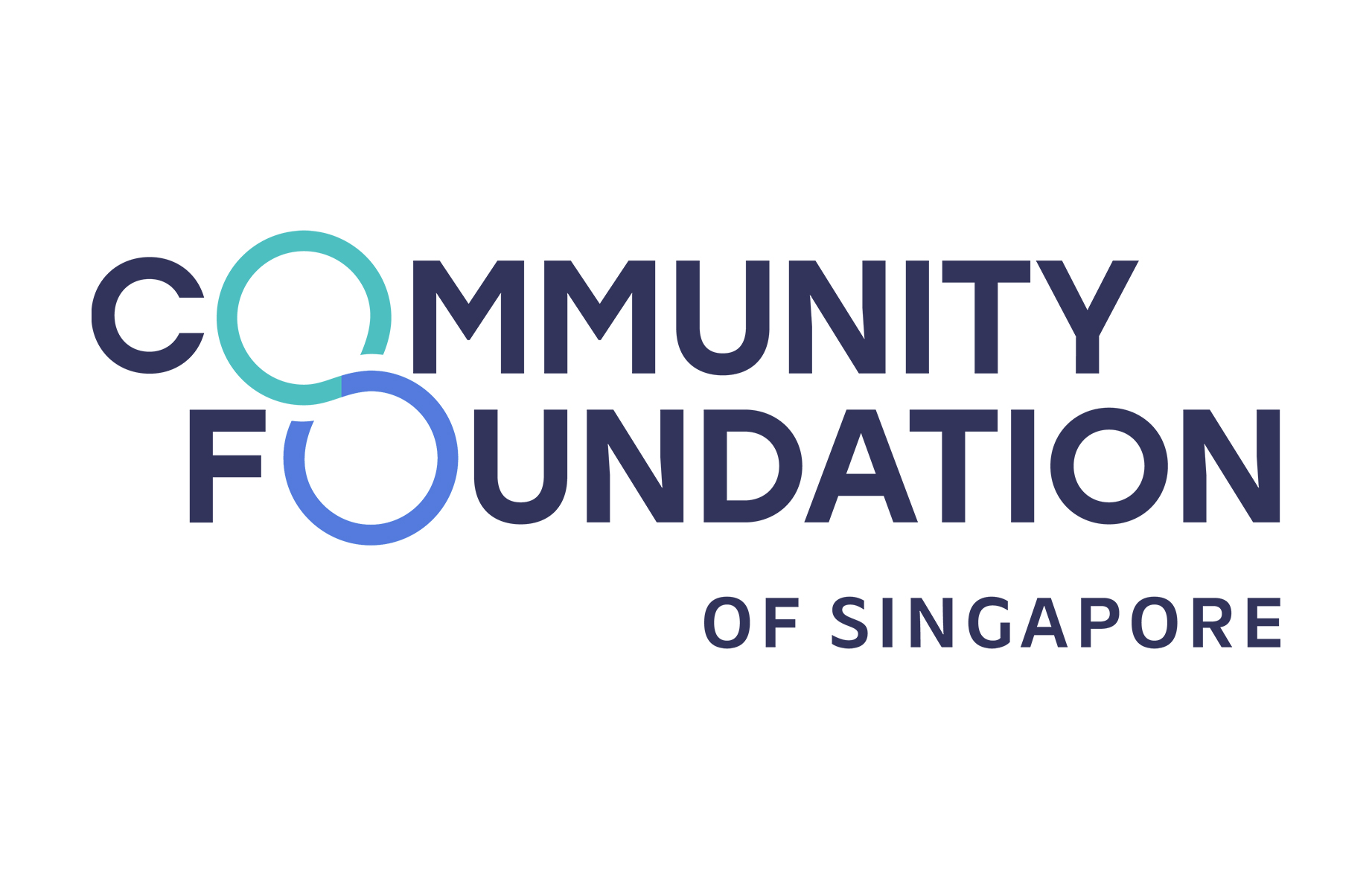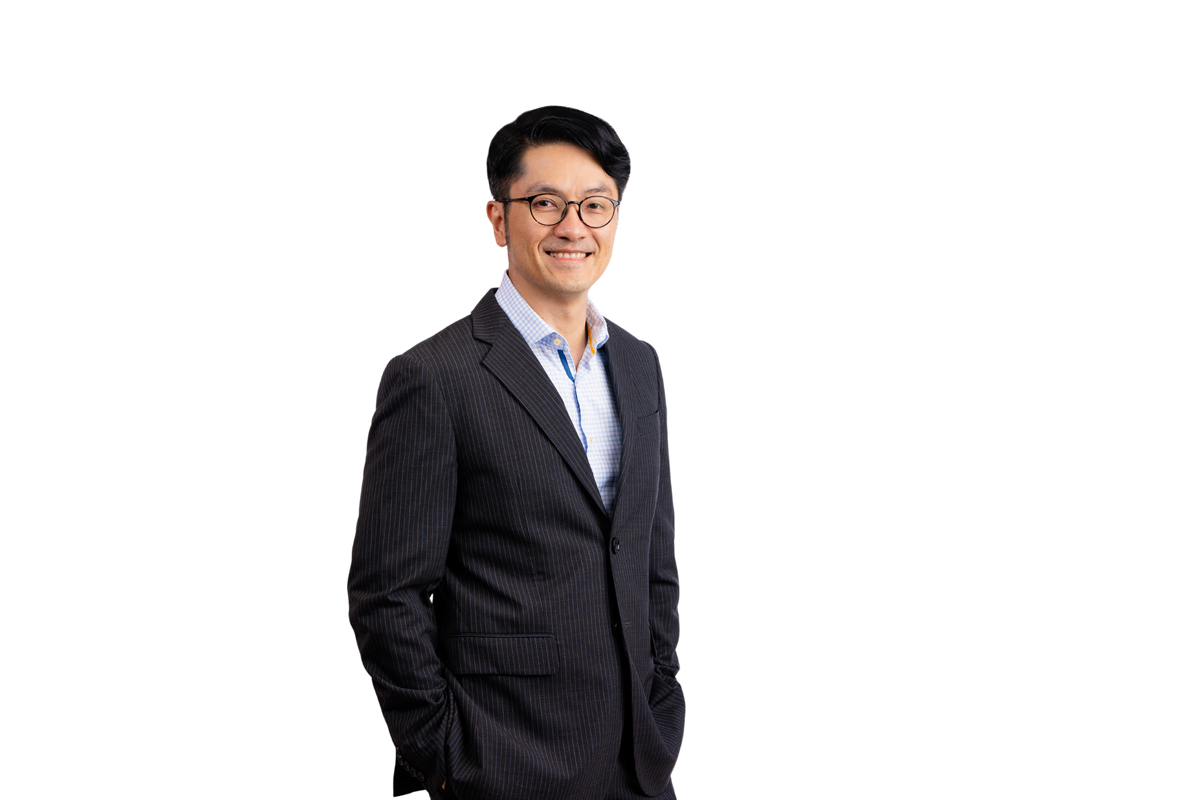A Call for Collaborative Giving: Scaling Greater Heights with Seniors


The third Colabs publication explores how we as individuals and as a society can help our senior citizens live more happily in our community, against the backdrop of an aging population. The collective insights of 98 participants identified various issues such as the generational gap and lack of purpose. In collaborative discussions on the way forward, one key point was to involve seniors from the very beginning, to improve their ownership and adoption of the solutions. Read more here.
The third Colabs publication explores how we as individuals and as a society can help our senior citizens live more happily in our community, against the backdrop of an aging population. The collective insights of 98 participants identified various issues such as the generational gap and lack of purpose. In collaborative discussions on the way forward, one key point was to involve seniors from the very beginning, to improve their ownership and adoption of the solutions. Read more here.
- Related Topics For You: ACCESSING QUALITY EDUCATION, CHARITY STORIES, CHILDREN, DIRECT AID, DONOR STORIES, DONOR-ADVISED FUND, EDUCATION, LEGACY GIVING, NEWS, PERSONS WITH DISABILITIES, STORIES OF IMPACT, YOUTH


